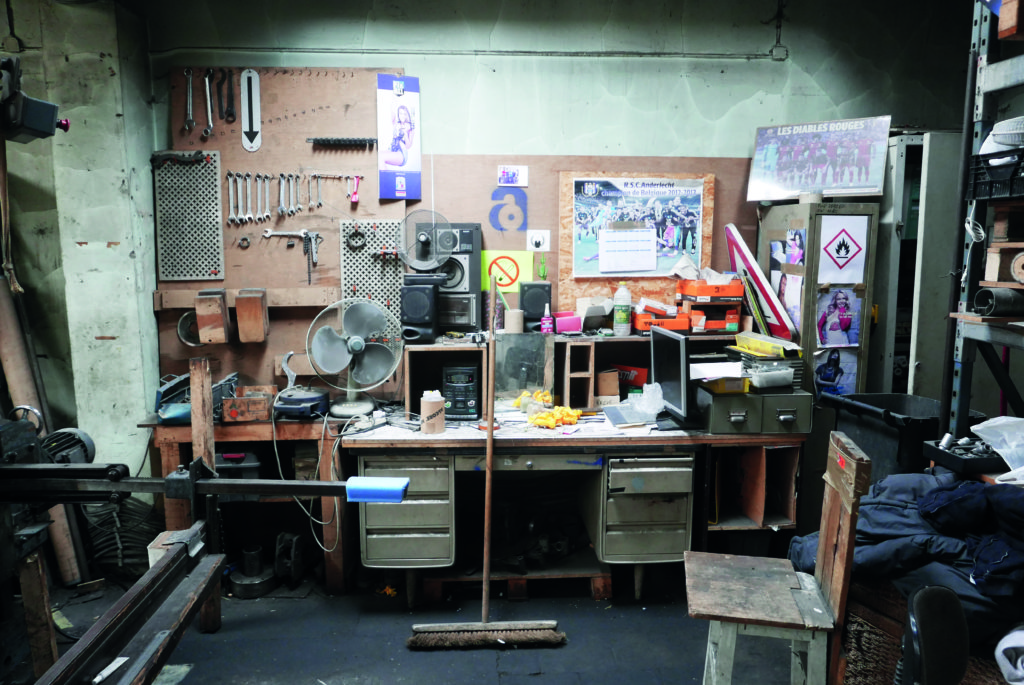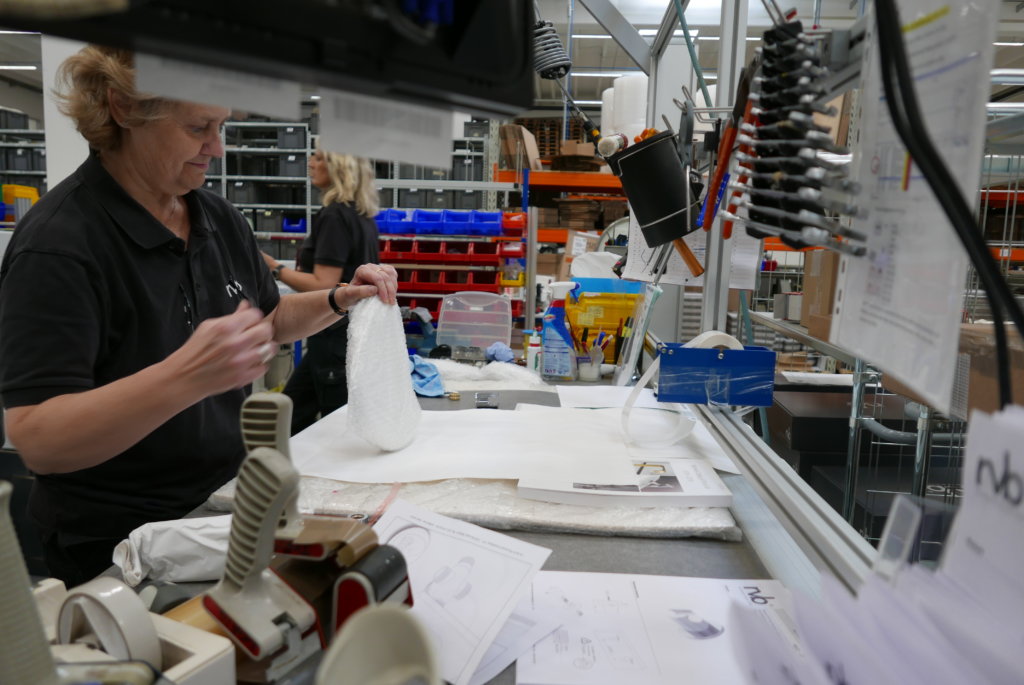Based on the city diagnosis, we dug deeper into the ecology of manufacturers in terms of themes such as jobs and available skills, training, government support and subsidies, competition, logistics access to the market, business motivations, and so forth. We took an anthropological approach to understand the urban economics, urban metabolism, circular economy, urban geography and transition management.
After extensive discussions with manufacturers, a general finding was that many businesses are very isolated and poorly supported, particularly well established business associated with noisy and dusty activities. A large portion of the manufacturers comprise of micro (up to 10 employees) and small businesses (up to 50 workers), while there are only a small number of medium sized businesses (50-250 employees) and rarely manufacturers larger than 250 employees. As a result, most manufacturers simply do not have the financial means to lobby for public support, to create coalitions to deal with problems or even to find suitable employees. Conversely the manufacturers that do have the means to lobby government represent a minority of the business interests. This renders urban manufacturers extremely vulnerable to change. It also means that the contributions of local manufacturers to deal with the needs of cities are being underappreciated.
Through fieldwork and research, three particular conclusions were made. Firstly many businesses have poor relationships with neighbours and have little knowledge of other business’ operations or ways to collaborate. This could have much to do with shared social spaces or an agent that can broker relationships or support manufacturing neighbourhoods. Secondly, there are poor links between available employees, job openings and training opportunities. Triangulating job offerings, competent skills workers suited to local jobs and relevant education remains a serious challenge. Finally, limited access and ownership of space creates systemic constraints on the capacity for a business to invest, grow or adapt. Businesses need both choice and security to take the necessary risks to innovate or to employ suitable skilled labour.


